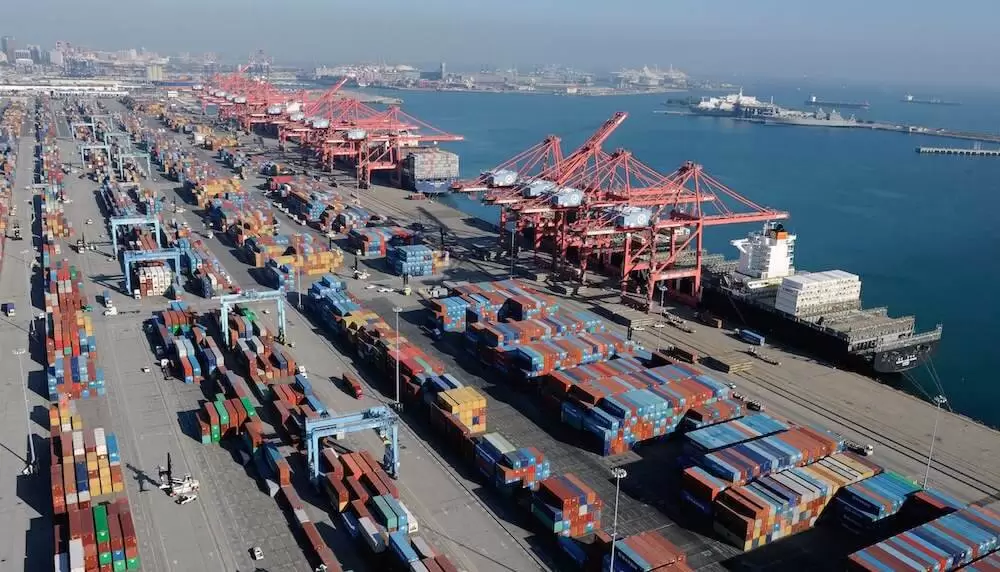Nigerians spent a total of N91.84trn in the last seven years to import used vehicles, wheat and solid minerals among others, according to official data.
Analysis of the foreign trade goods statistics released over the last seven years by the National Bureau of Statistics revealed the amount which experts say is partly responsible for the country’s foreign exchange woes.
Advertisement
Most of the dollars needed to fund the imports are responsible for exerting pressure on the foreign exchange market, the bank had admitted back in 2015.
Findings by THE WHISTLER revealed that in 2015 when President Muhammadu Buhari took over office, the country spent N6.4trn on importation of used vehicles among others.
In 2016, the amount rose to N8.23trn depicting the country’s level of reliance on imports to meet its domestic needs.
The increase came despite the 2016 recession. Infact, the data revealed that Nigeria spent N5bn to import plaster of Paris (POP) from Turkey and Egypt and N4.2bn from the amount spent on salt import from Egypt.
Advertisement
According to the report, import figures rose further to N9.34trn in 2017, up by N1.11trn compared to 2016.
Part of the Buhari’s administration agenda was to reduce the country’s dependence on imports, with special interest on agro-related products.
But the effort was frustrated as insurgency in Northern Nigeria complicated the Buhari’s aggressive policy to ‘produce what we eat and eat what we produce.’
The trend continued in 2018 with an increase of about N3.04bn from N9.3bn in 2017 to N12.38trn by the end of 2018.
The value of importation heightened in 2019 when the NBS said a total of N16.96trn was spent on imports of raw materials, used vehicles and among others.
Advertisement
The CBN had in 2015 directed banks to stop processing Forms M for the importation of textile, cement and rice among over 39 others, a move to reduce FX pressure on the economy.
In 2018, the bank added fertilizer imports to the list, while in 2020, maize imports and dairy/milk were also blacklisted.
When the country was hit by Covid-19 in 2020, importation experienced a major decrease to N10.64trn down from the N16.96trn of 2019, due to the lockdown which began in March.
The country recorded the worst level of imports in 2021 when it spent N27.89trn, according to the NBS data.
In 2021, the CBN hinted on including wheat and sugar imports in its forex restriction list, as part of the move to save the forex situation and encourage local production.



